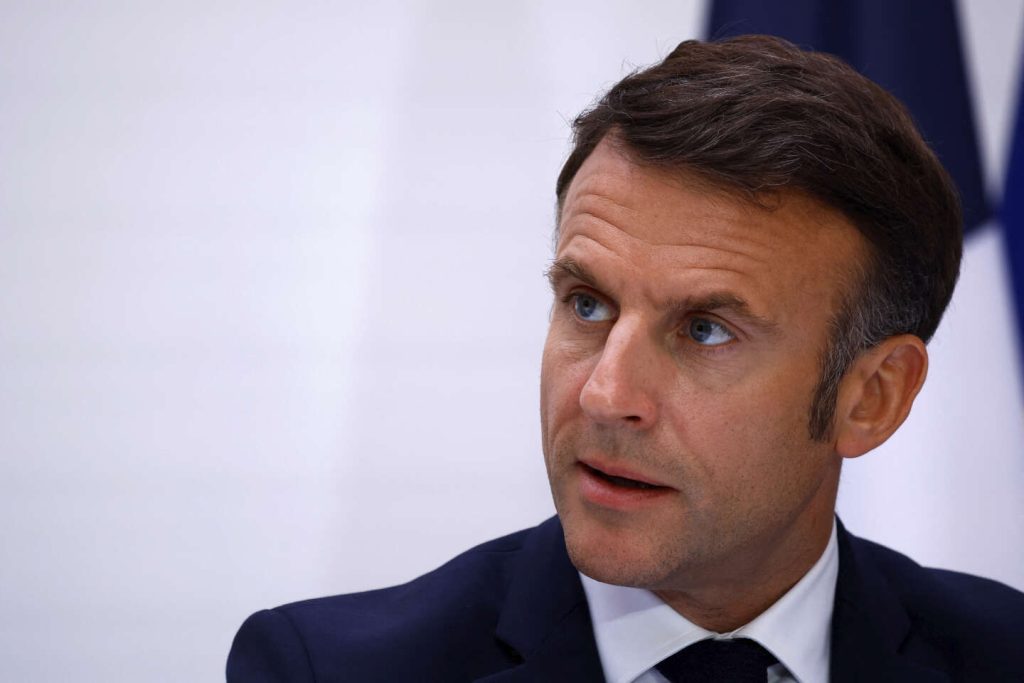In a recent interview, President Emmanuel Macron admitted his regret over not being able to implement the retirement by points reform due to the challenges posed by the “yellow vest” protests and the Covid-19 pandemic. He acknowledged the political cost of pivoting from one mandate to another and the backlash it caused, leading to opposition from unions and the left over raising the retirement age to 64. This shift in policy also weakened Macron’s party in the European elections, allowing the far-right Rassemblement National to make gains.
Macron’s decision to abandon the retirement by points reform was influenced by its complexity and the realization that it created winners and losers, with more individuals recognizing themselves as the latter. The need to address the imbalance in the pension system, exacerbated by the Covid-19 crisis, also played a role in shifting priorities towards maintaining competitiveness in the face of international competition and high public deficits. The focus of the second term has been on increasing work volume to preserve the social model, emphasizing the need for a strong workforce.
The shift towards a more labor-centric approach in Macron’s second term not only affected electoral support but also weakened the influence of labor unions. A decrease in the number of protesters and a lack of unity among unions following the significant social movements highlighted their limited impact in shaping national policies, especially with only 10% of workers belonging to a union. This development has raised questions about the relevance and effectiveness of labor unions in advocating for workers’ rights in the current political landscape.
Despite the challenges faced by Macron’s administration, there remains a push for social democracy within the left, with figures like Raphaël Glucksmann seeking an alternative to Macronism without aligning with Jean-Luc Mélenchon’s party. The political landscape in France continues to evolve, with shifting alliances and disagreements over policy priorities shaping the future direction of the country. The consequences of Macron’s policy decisions, including the retirement age reform, have fueled debates about the best strategies to address social and economic challenges in the post-pandemic era.
Overall, Macron’s reflections on his presidency highlight the complexities and difficulties of governing a country amid social unrest and economic uncertainties. The need to balance competing interests and navigate changing political landscapes remains a challenge for leaders seeking to implement reforms and maintain public support. As Macron enters his eighth year in office, the lessons learned from past mistakes and policy choices will continue to shape his approach to governance and decision-making in the future.


